Hundreds of people protest in Myanmar as ICRC chief meets junta leader
Hundreds of people have protested in Myanmar's largest city of Yangon against the military rule as the International Red Cross chief met the junta leader to discuss humanitarian access to conflict areas in the Southeast Asian country.
Around 400 protesters on Thursday took to the streets in downtown Yangon which is Myanmar's commercial hub.
Zayar Lwin, an activist and former political prisoner who attended the rally, pledged that protests against the coup would continue.
"We gathered at the protest today in order to show that we won't allow them to rule us," the activist was quoted as saying.
"The minimum risk is we could be arrested and the greatest danger is to be killed," said the activist.
He added that only two people had been arrested at Thursday's rally that lasted around five minutes.
Demonstrators in urban areas have had to become more nimble to avoid security forces after massive rallies in the first months following the coup were frequently met with troops firing live rounds.
Despite crackdown by security forces, the military is still struggling to impose order more than four months after overthrowing Aung San Suu Kyi in a coup and arresting her and senior members of her National League for Democracy Party (NLD).
Earlier on Thursday, an official of a teachers' group said only a quarter of Myanmar's more than 12 million students have enrolled for the new school year amid a protest boycott against military rule and following a series of bombings.
Although Myanmar’s junta opened public schools this week in an effort to get the country back on track, classrooms remain largely empty as teachers and students defy the junta's calls for full classrooms in a show of resistance.
Only a few dozen students have shown up in some schools that had 3,000 to 5,000 enrollment rates in previous school years. And there are also several schools that remain completely closed with zero attendance.
Some parents took to social media to say that they chose not to enroll their children to show sympathy for those whose children have been killed in the unrest and out of respect for the striking teachers.
Head of ICRC meets Myanmar junta leader
The president of the International Committee of the Red Cross (ICRC) met Myanmar's junta leader Min Aung Hlaing in capital Naypyidaw on Thursday and requested the resumption of ICRC prison visits and more humanitarian access to conflict areas.
The meeting with Peter Maurer was the first between the junta leader and such a senior international representative since the Feb. 1 coup.
Some media outlets, citing sources familiar with the meeting, said that the junta chief was "noncommittal" but he had not refused Maurer's request.
"Maurer also urged an end to violence against civilians and 'respect for international law' and medical workers during security operations by the junta's security forces," Japanese news outlet Nikkei said.
The army has failed to assert control since the coup and faces daily protests that have paralyzed the economy and many essential services and the resurgence of fighting with some of the two dozen ethnic armies in Myanmar's borderlands.
Many ethnic groups which have maintained their own forces for decades have been supporting the so-called National Unity Government (NUG), which was set up last month by an array of groups opposed to the junta. NUG had announced it would establish a "people's defense force" in line with its opposition movement.
The United Nations Office for the Coordination of Humanitarian Affairs (OCHA) said last month that about 50 rounds of clashes between the military and ethnic rebels had been reported in several areas in the state of Kachin.
Since the coup, many people have fled to the territory controlled by ethnic groups to receive military training.
At least 840 people have been killed and more than 5,500 others arrested by military forces since the junta seized power on February 1, according to the Assistance Association for Political Prisoners (AAPP) advocacy group.
Myanmar shadow govt. urges Rohingya to oppose junta, promises citizenship
Meanwhile, Myanmar’s shadow government called on the Rohingya minority on Thursday to help it overthrow the junta, promising citizenship and repatriation for the persecuted Muslim community in a future democratic Myanmar.
The shadow "National Unity Government (NUG)," which seeks to bring anti-coup dissidents together, was formed by a group of ousted lawmakers -- mostly from the country’s National League for Democracy (NLD).
The junta has classified the NUG as "terrorists," meaning anyone speaking to them -- including journalists -- can be subjected to charges under counter-terrorism laws.
"We invite Rohingya to join hands with us and with others to participate in this Spring Revolution against the military dictatorship," the group said in a statement.
The NUG also promised to end a 1982 citizenship law, which discriminates against the Muslim minority, promising all those born in Myanmar or to a Myanmar citizen would be granted citizenship.
The group added that it is committed to repatriating all Rohingya languishing in camps in Bangladesh "as soon as repatriation can be accomplished voluntarily, safely and with dignity."
More than 740,000 Rohingya fled over the border into Bangladesh after a bloody military campaign in 2017 that the UN condemned as ethnic cleansing.
More than 600,000 Rohingya remain mostly in northern Rakhine state without citizenship, restricted to either camps or their villages, many unable to access medical care.
VIDEO | Vietnam current prosperity
Report blames gasoil exports for shortage at Iranian power plants
VIDEO | Hind Rajab Foundation names Israeli war criminals vacationing after Gaza genocide
VIDEO | Australians rally for Gaza ahead of Christmas festivities
VIDEO | Attacks on Sana'a
Iran reports further drop in annual inflation rate in December
Israel indicts two settlers over suspected spying for Hezbollah
Iran: US airstrikes on Yemen war crimes, violation of international law


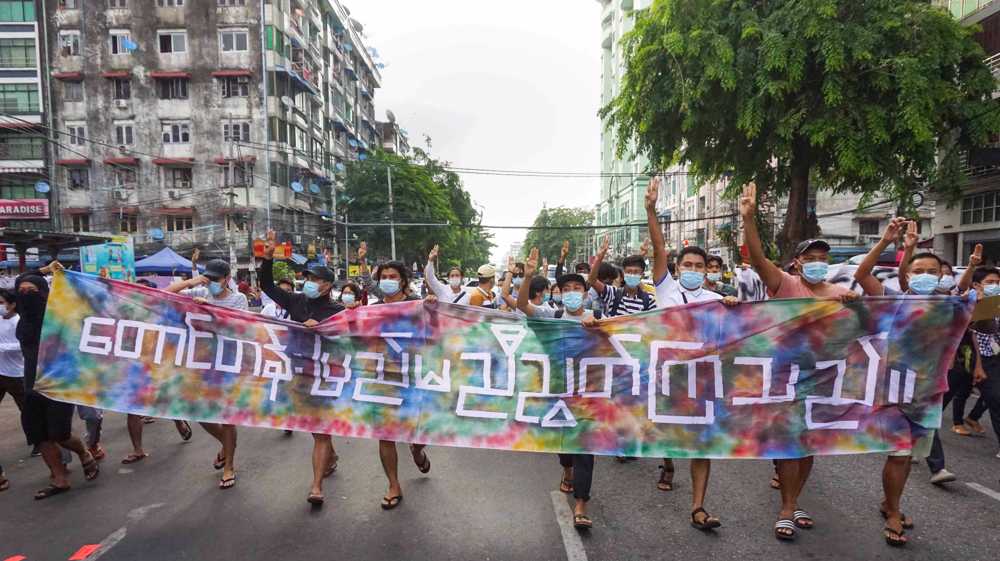









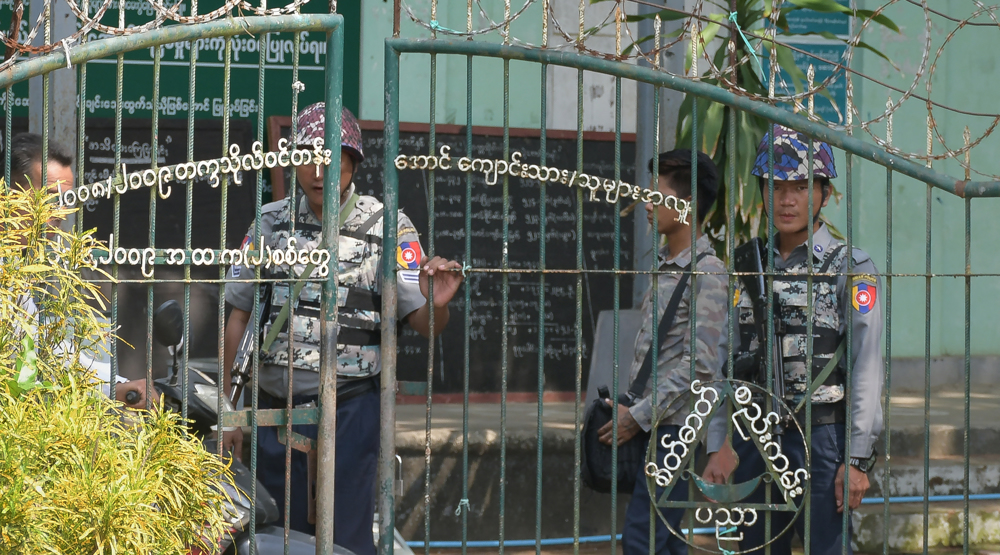
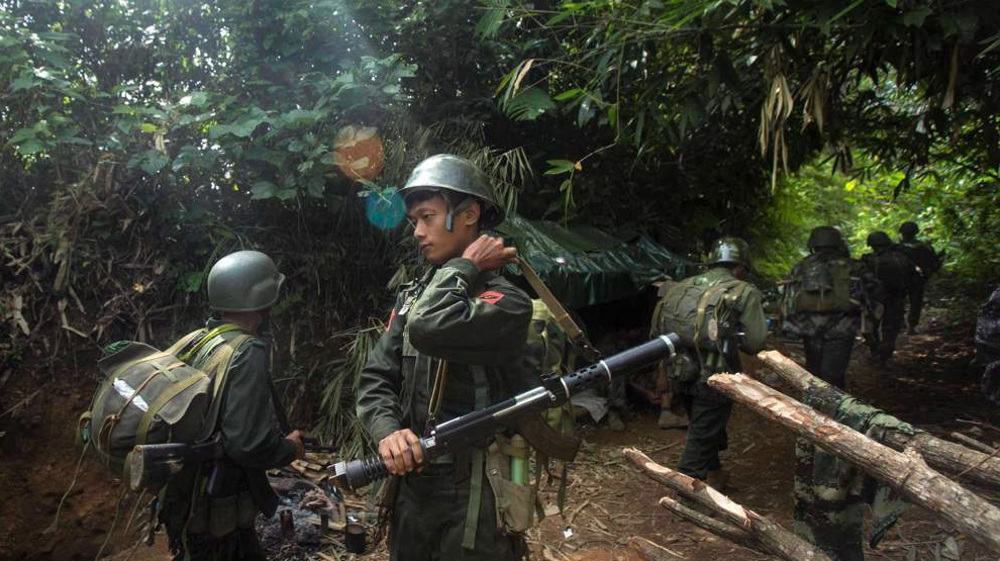
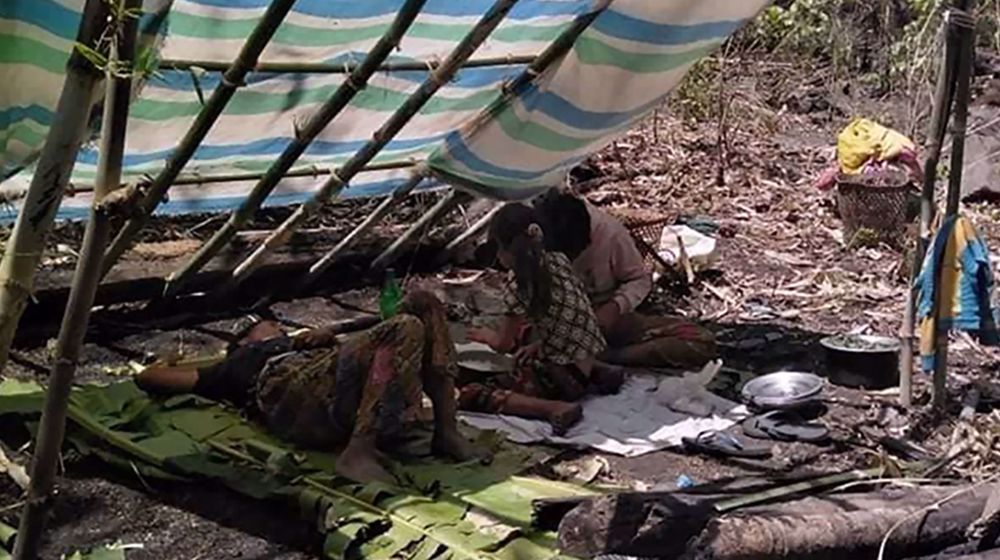
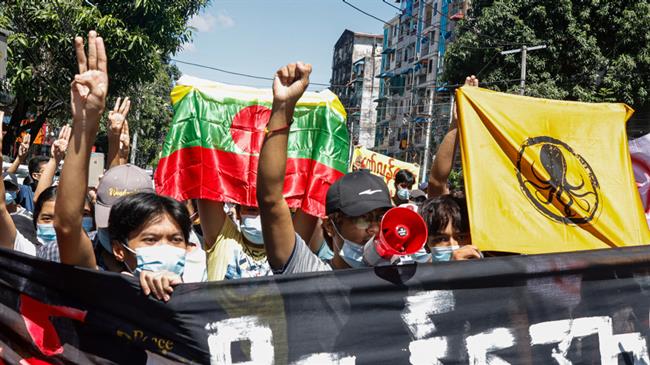

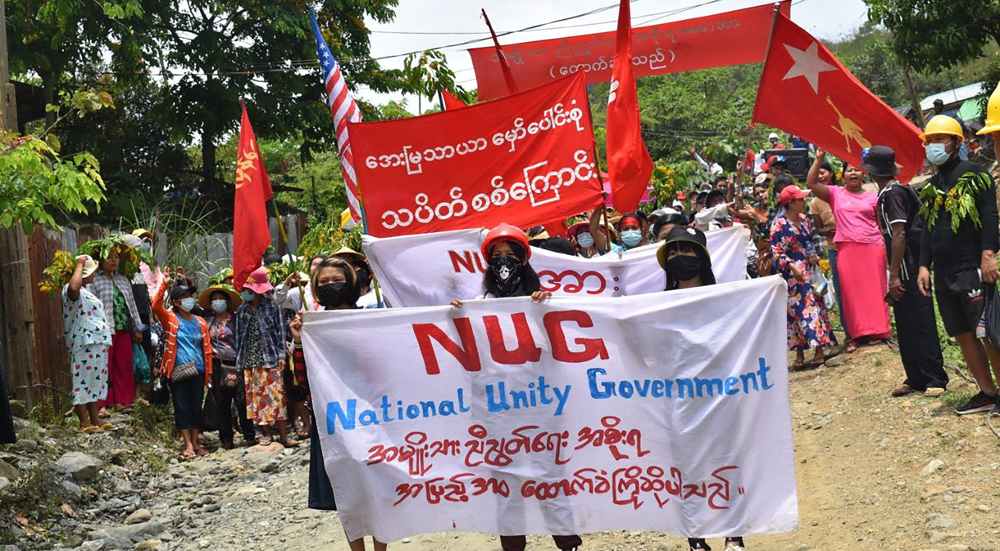
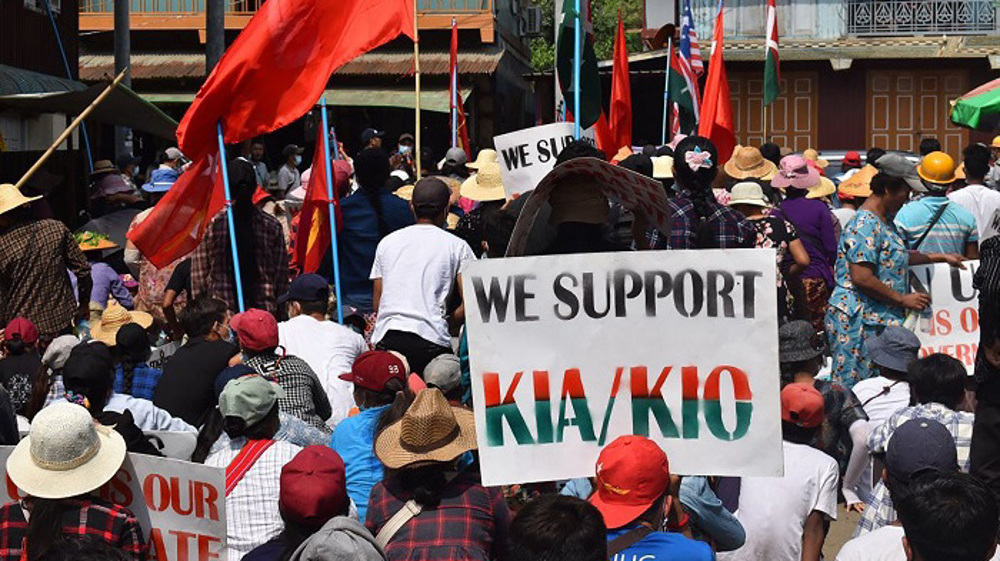
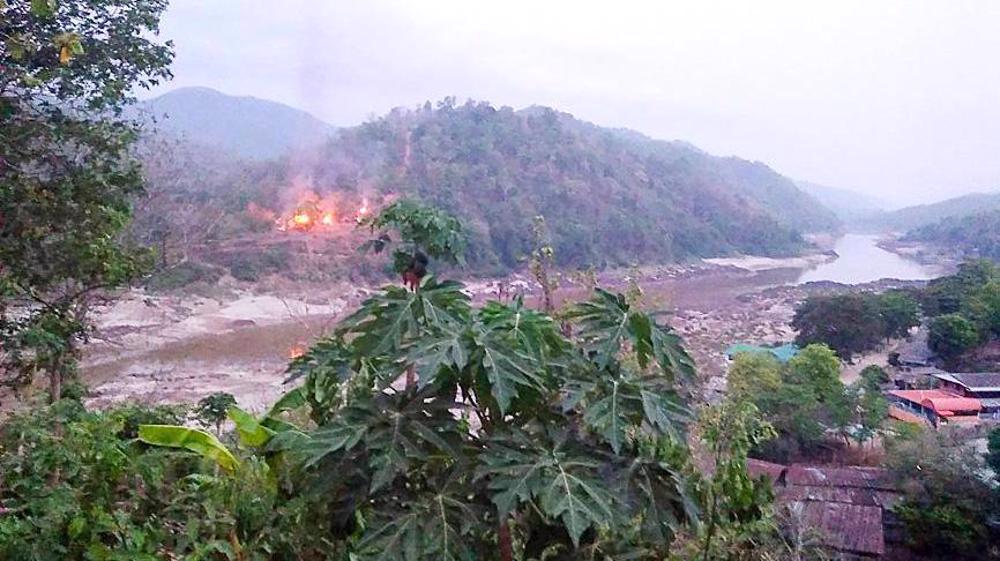
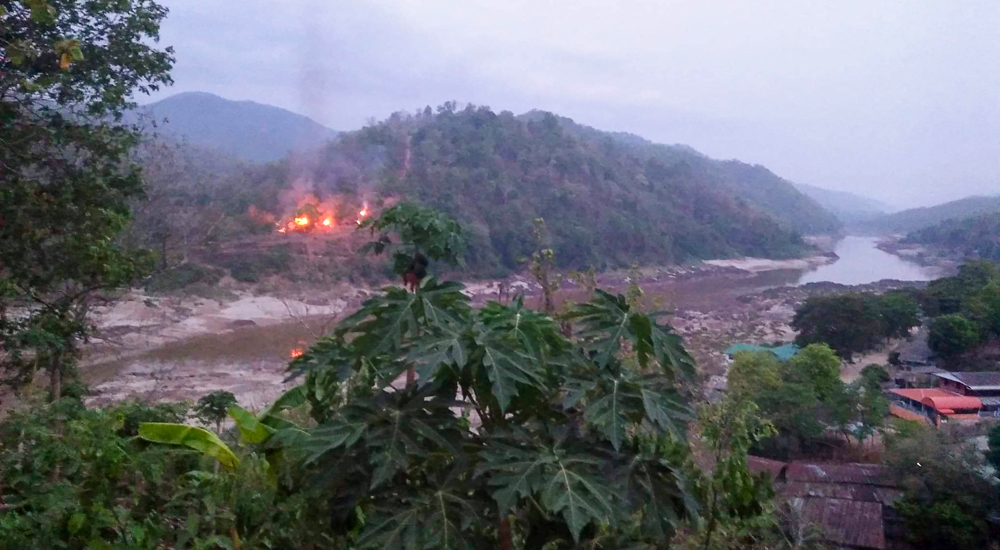

 This makes it easy to access the Press TV website
This makes it easy to access the Press TV website